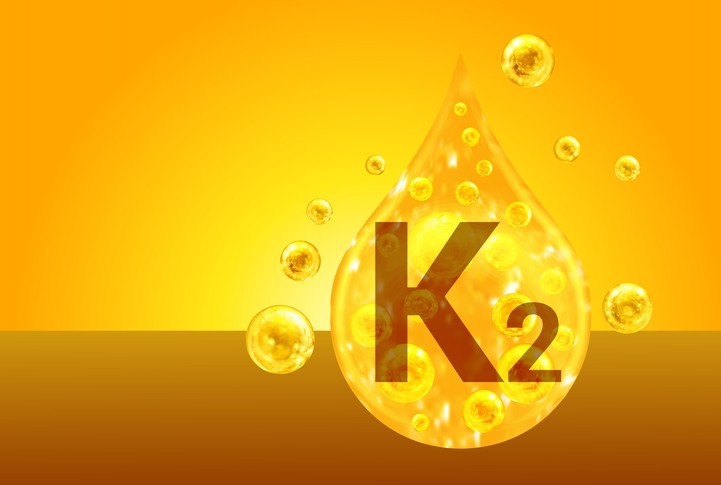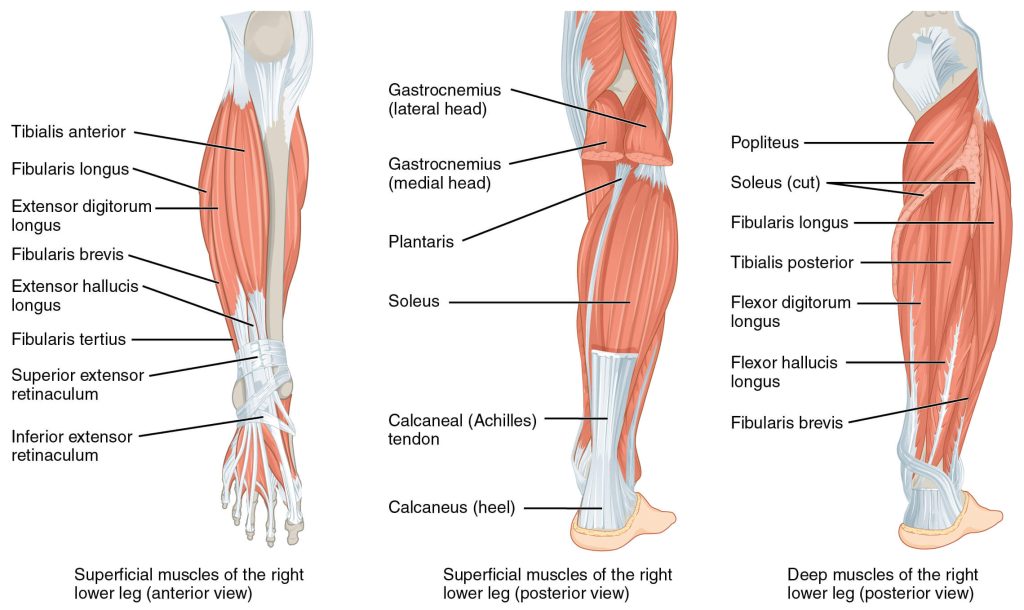
They arrive unannounced, often in the hushed hours before dawn. An excruciating spasm clenches the calf muscle, yanking the sleeper from dreams into an agonizing struggle against an unseen force. Once again, the torment of a nocturnal leg cramp has arrived.
A team of researchers at the Third People’s Hospital in Chengdu, China, has uncovered a promising remedy. Their study suggests that vitamin K2 supplementation can meaningfully reduce both the frequency and severity of these nocturnal leg cramps (NLCs) in the elderly, according to Medical Xpress.
Statistics indicate that between 50 percent and 60 percent of adults will experience an NLC (sometimes colloquially known as a Charley horse) at least once in their lives. Approximately 20 percent find the discomfort significant enough to seek medical attention, especially as NLCs often disrupt sleep. Unfortunately, effective treatments without unfavorable side effects have remained elusive.


In a groundbreaking clinical study titled “Vitamin K2 in Managing Nocturnal Leg Cramps: A Randomized Clinical Trial,” published in JAMA Internal Medicine, researchers explored whether vitamin K2 supplementation would be more beneficial than a placebo in alleviating NLC symptoms, as per Medical Xpress.
This meticulous trial in China involved a multicenter, double-blind, placebo-controlled design and included 199 participants aged 65 and older (with an average age of 72.3). All participants had reported two or more occurrences of NLCs during a two-week evaluation period. They were randomly allocated in equal measure to receive either a daily dose of vitamin K2 (menaquinone 7) at 180 μg or a placebo for an eight-week duration.
The primary endpoint of the study measured the average weekly occurrence of NLCs across both groups. Additional secondary outcomes examined included cramp duration, recorded in minutes, and cramp intensity, rated on a 1-10 analog scale.
Initially, the average weekly NLC count was comparable across both groups, registering 2.60 episodes in the vitamin K2 cohort and 2.71 in the placebo group.
However, following the eight-week treatment phase, the vitamin K2 group showed a significant reduction in average weekly cramp frequency, dropping to 0.96. The placebo group’s frequency, meanwhile, remained relatively unchanged at 3.63 cramps per week. The decrease of 2.67 cramps per week observed in the vitamin K2 group was statistically significant and became apparent as early as the first week of supplementation, as reported by Medical Xpress.

Additionally, participants in the vitamin K2 group experienced a notable alleviation in cramp intensity, with an average reduction of 2.55 points compared to just 1.24 points in the placebo group. Cramp duration was also shortened by 0.90 minutes in the vitamin K2 group, against a modest 0.32-minute reduction in the placebo group. No adverse side effects associated with vitamin K2 were reported, as per Medical Xpress.
Drawing from these findings, researchers propose that vitamin K2 supplementation holds substantial potential in reducing both the frequency and intensity of nocturnal leg cramps in older adults without risk of adverse reactions. They advocate for further clinical trials to validate K2’s efficacy and assess its impact on sleep quality and life satisfaction in individuals prone to frequent NLC episodes.
